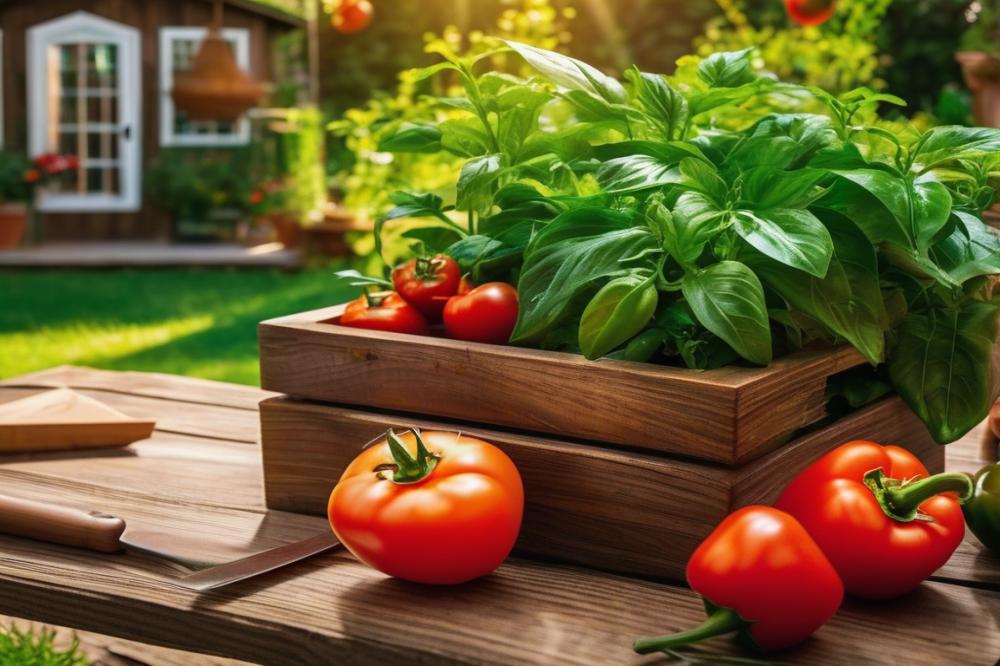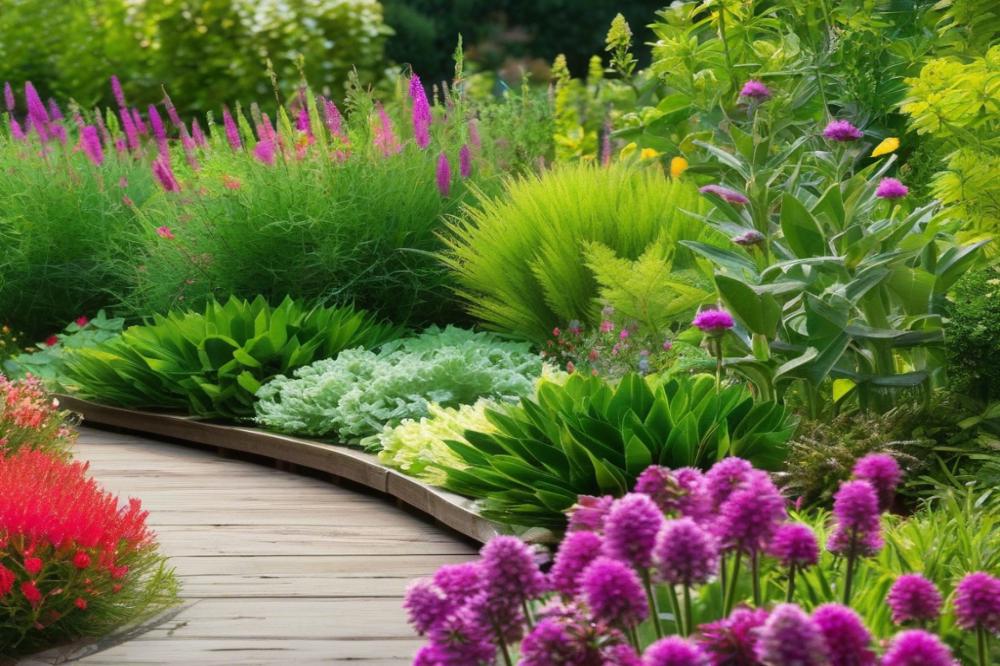Introduction
Organic gardening focuses on cultivating plants using natural methods. This approach avoids synthetic fertilizers and pesticides, allowing for a healthier and more sustainable environment. With the rise in interest towards eco-friendly practices, many gardeners are seeking organic solutions to common problems, particularly pests.
Pest management is essential in any garden. Pests can quickly damage plants, disrupt growth, and negatively affect overall yields. It’s important to control these unwelcome visitors to maintain plant health and a thriving garden. Effective strategies are crucial for organic gardeners who want to protect their crops while preserving the ecosystem.
One such natural pesticide is magnesium sulfate, commonly known for its many benefits in gardening. This substance has gained attention for its ability to deter certain pests, offering a DIY pest solution that is both safe and effective. By integrating this unique approach into your pest management routine, you can maintain not just soil health but also contribute to the overall success of your organic gardening efforts.
Understanding Epsom Salt
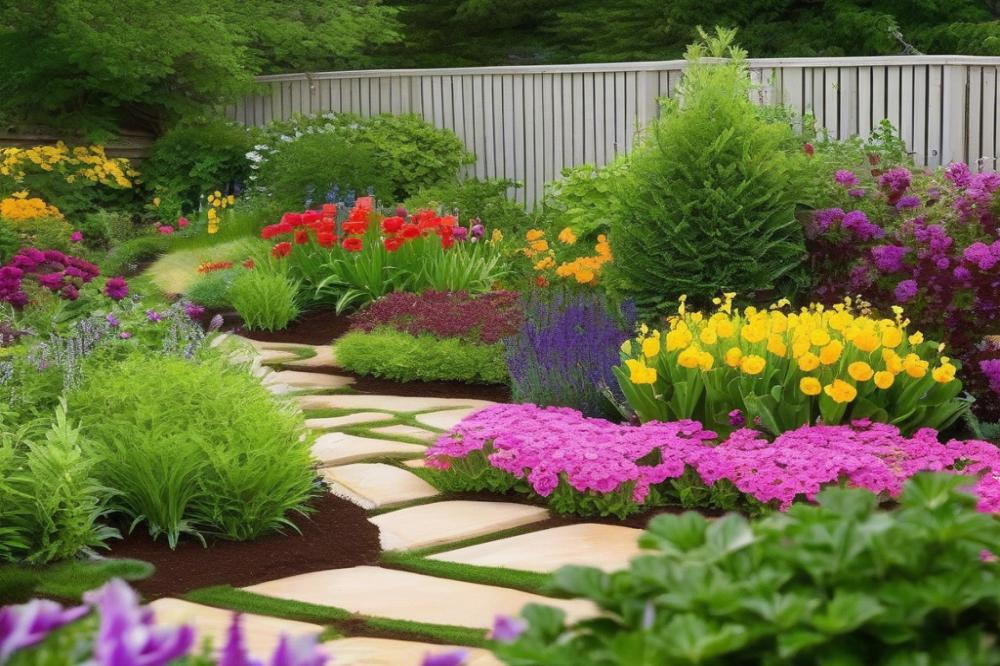

Epsom Salt is a mineral compound that many gardeners consider essential for healthy plants. It is scientifically known as magnesium sulfate. This compound provides important nutrients that can boost plant growth and optimize soil conditions.
Comprised of two key elements, magnesium and sulfur, magnesium sulfate plays a vital role in maintaining plant health. Magnesium is particularly important for photosynthesis, as it helps plants convert sunlight into energy. Sulfur, on the other hand, supports the production of proteins, which are crucial for overall growth.
When gardeners focus on magnesium, they promote healthier soil. Magnesium aids in the absorption of other essential nutrients, allowing plants to thrive. Adding magnesium sulfate to your soil can improve its structure, leading to better water retention and drainage.
Additionally, this mineral supports pest management strategies in organic gardening. By enhancing plant health, it may strengthen plants’ natural defenses against pests. Many eco-friendly garden tips suggest using magnesium sulfate as a natural pesticide in DIY pest solutions.
This simple yet effective mineral can transform your gardening experience. Whether you are battling common pests or aiming for a vibrant garden, understanding the role of magnesium sulfate can lead to a flourishing environment for your plants.
Benefits of Epsom Salt in Organic Pest Control
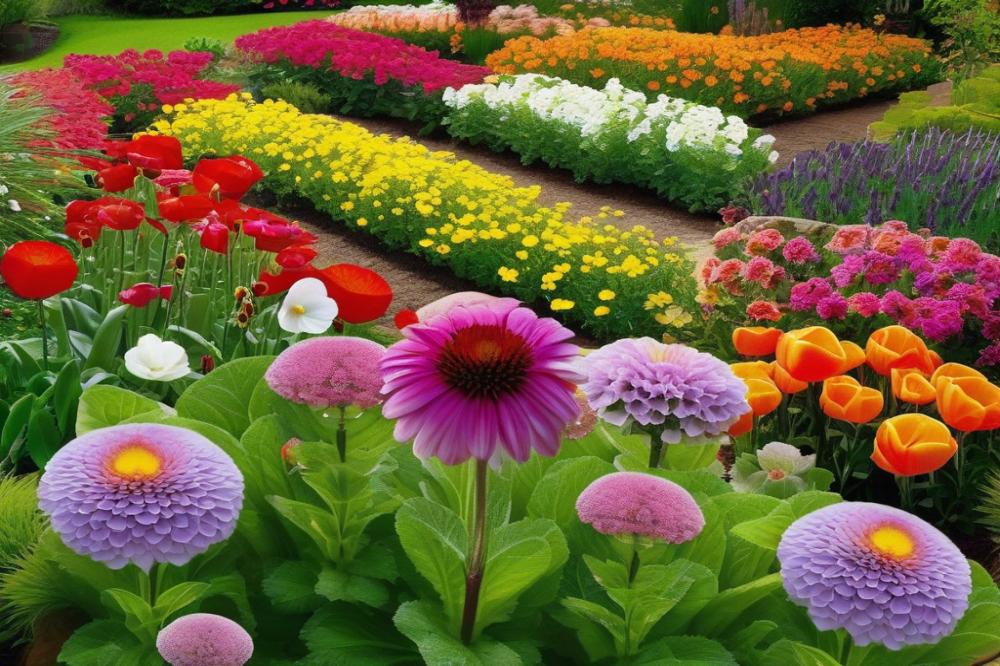

The use of Epsom Salt serves as a powerful tool in pest management. As a natural pesticide, it offers an eco-friendly alternative to chemical sprays. This magnesium sulfate not only aids in plant health but also deters certain garden pests, making it a valuable addition for any organic gardening enthusiast.
Certain insects, like slugs and aphids, find the compound unappealing. When sprinkled around plants, it creates a barrier that pests are reluctant to cross. Additionally, hydration levels improve when applied to the soil, allowing plants to naturally thrive. Healthier plants can stand up to threats more effectively, reducing the number of pests in the garden.
Furthermore, adding this mineral enhances overall soil health. Nutrient deficiencies can make plants vulnerable to various bugs. Ensuring that your garden soil contains adequate magnesium can promote resilience and deter infestations. For those seeking DIY pest solutions, this method is straightforward and easy to apply.
Garden tips suggest mixing the salt with water for a targeted treatment. A simple spray can reach areas where pests linger, providing effective control. This approach minimizes harm to beneficial insects like bees and ladybugs, retaining the ecological balance you strive for in your garden.
Overall, the benefits of using this natural alternative in pest control are both diverse and substantial. It allows gardeners to adopt a proactive stance against threats while improving the health of their plants. Understanding the role of magnesium sulfate in gardening can contribute to a thriving environment, one where plants grow strong and pests are kept at bay.
Methods of Applying Epsom Salt in the Garden
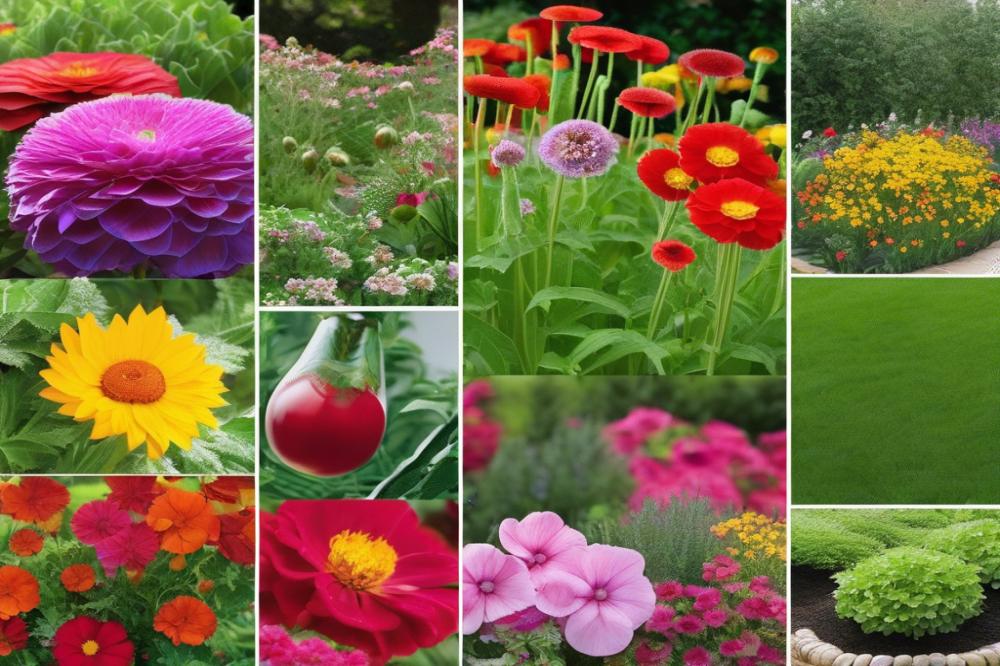

DIY Pest Solutions Using Epsom Salt
Many gardeners find creative ways to use magnesium sulfate in their gardening routines. One popular method is creating a simple spray that acts as a natural pesticide. Mixing a quarter cup of Epsom salt with water can help repel pests like aphids and beetles. This blend serves as a deterrent and aids plant health at the same time. Adding a few drops of dish soap to the mixture enhances its effectiveness. This ingredient helps the solution stick to the leaves.
Application Techniques: Foliar Sprays and Soil Amendments
Foliar sprays are an easy way to apply organic solutions directly to your plants. After mixing your DIY pest solution, pour it into a spray bottle for convenient use. When applying, aim for the undersides of leaves. That’s where many pests tend to hide. Soil amendments can also be beneficial. Sprinkling Epsom salt around the base of plants enriches the soil and promotes healthier growth. This method not only helps with pest management but also supports soil health.
Recommended Ratios for Effective Pest Management
Getting the ratios right is crucial for effectiveness. For pest sprays, start with one tablespoon of magnesium sulfate per gallon of water. This dilution effectively targets unwanted pests without harming beneficial insects. When using it as a soil amendment, sprinkling about one tablespoon per square foot is typically recommended. This ensures a good balance that supports both pest control and plant health. Experimenting with these ratios in your garden can lead to unique findings that work best for your specific plants and conditions.
Combining Epsom Salt with Other Organic Remedies
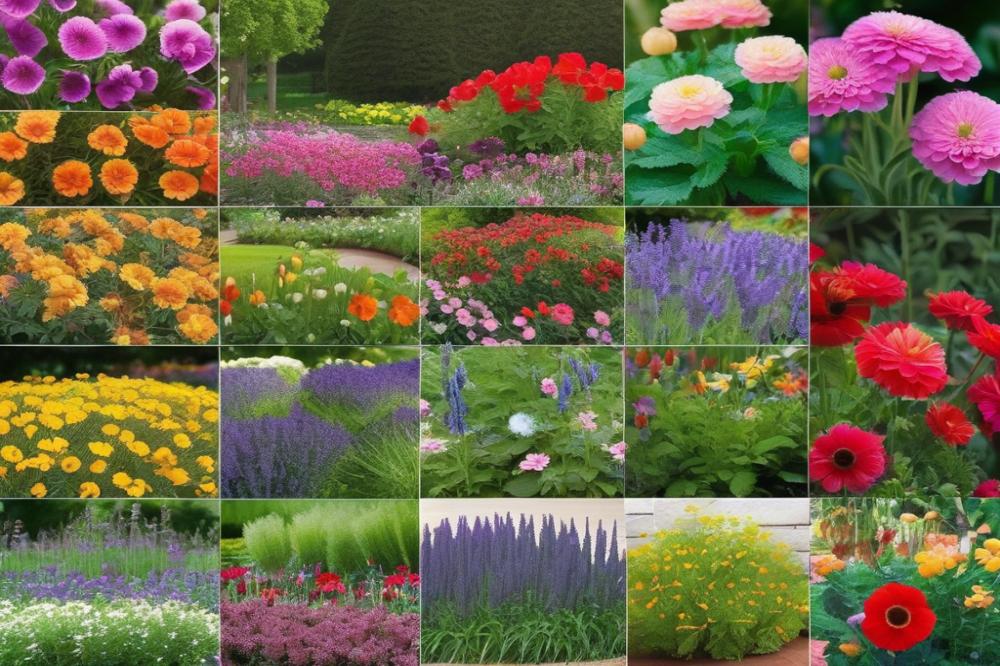

Many gardeners seek out natural solutions for pest problems. Pairing magnesium sulfate with other organic remedies can enhance the effects of natural pesticides. When used together, these mixtures can create a potent yet eco-friendly strategy for managing pests.
A common combination involves mixing Epsom salt with soap. This DIY pest solution works well against soft-bodied insects like aphids and spider mites. Soap helps coat and suffocate these pests, while magnesium sulfate boosts plant health. The synergy between the two can improve the effectiveness of your pest management practices.
Another option includes combining Epsom salt with neem oil. Neem oil is a well-known natural pesticide effective against various garden pests. By adding magnesium sulfate, you not only aid in pest control but also promote soil health. This mixture provides a two-fold benefit: keeping your plants safe while enhancing their growth.
Examples of Combinations for Specific Pests
Caterpillars can wreak havoc on gardens. A mixture of Epsom salt, water, and hot pepper juice makes a fiery repellent. Spraying this combination on affected plants can deter these pests effectively. The heat from the pepper, along with the properties of magnesium sulfate, acts together to keep your garden safe.
For combating slugs, another effective blend exists. Mixing Epsom salt with beer has proven successful in trapping these hungry pests. The slugs are attracted to the beer and will fall into the trap created by your mixture. This simple method provides a harmless way to control their population.
Garlic is yet another powerful ally in your organic gardening efforts. A concoction of crushed garlic, Epsom salt, and water can create a strong-smelling deterrent. Many insects shy away from the scent, allowing your plants to thrive without the threat of unwanted guests. This combination is easy to make and can be adjusted to suit your garden’s specific needs.
Incorporating these blends into your routine can simplify pest management. Remember that the goal is to maintain a balance between healthy plants and a thriving ecosystem. By using these combinations, you enhance your garden while respecting the environment.
Best Practices for Using Epsom Salt
Gardeners looking to embrace Organic Pest Control can benefit from effective strategies. Start by mixing magnesium sulfate with water. This mixture can act as a natural pesticide, helping combat unwanted pests.
Tips for Maximizing Effectiveness
To improve results, apply the solution during cooler parts of the day. Morning or late afternoon sprays help reduce evaporation, allowing more time for plants to absorb the nutrients. Mixing in a few drops of dish soap can help the solution stick to leaves better. This simple addition creates a more effective barrier against pests.
Timing and Frequency of Application
Consider when to treat plants. Regular applications during the growing season can boost plant health. A bi-weekly schedule works well for many gardeners. Pay attention to the weather; avoid applying before heavy rainfall or strong winds to prevent dilution.
Monitoring Plant Health and Pest Populations
Regularly inspect your garden for signs of pests or damage. Look for aphids, mites, or other common issues. Maintaining a close eye on your plants will help you act quickly against infestations. Healthy plants often resist pests better, so prioritize overall soil health.
Engagement with your garden will lead to greater awareness. Check leaves for discoloration or unusual spots. Frequent observation plays a key role in organic gardening success.
Final Thoughts on Epsom Salt for Pest Control
Using Epsom salt for pest management offers various advantages for gardeners. It acts as a natural deterrent against certain insects while providing essential nutrients to plants. This dual action can result in healthier crops, which are more resilient to pests. Its ease of use makes it an appealing option for those looking to adopt organic practices.
Integrating this mineral into your gardening routine is an excellent step toward sustainability. Sprinkling it around plants or mixing it with water is simple yet effective. Plus, it can be a part of a broader pesticide strategy that respects nature and human health. Adopting this method not only benefits your garden, but also the surrounding ecosystem.
In short, consider making Epsom salt a regular component of your garden care. Embracing natural solutions supports the concept of organic gardening. Enjoying a flourishing garden is possible when we use safe and effective materials. In doing so, we also contribute to the health of our planet.

